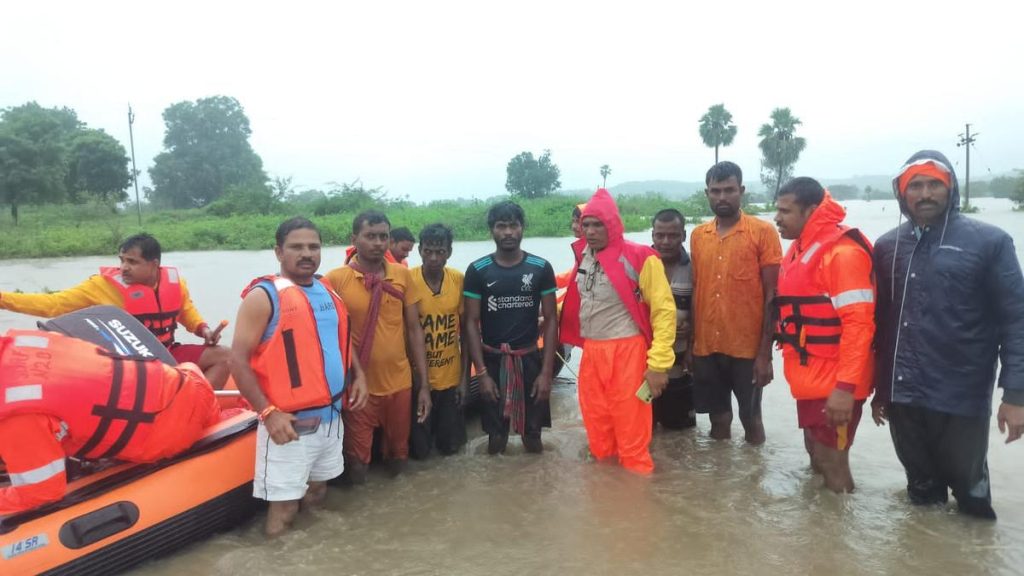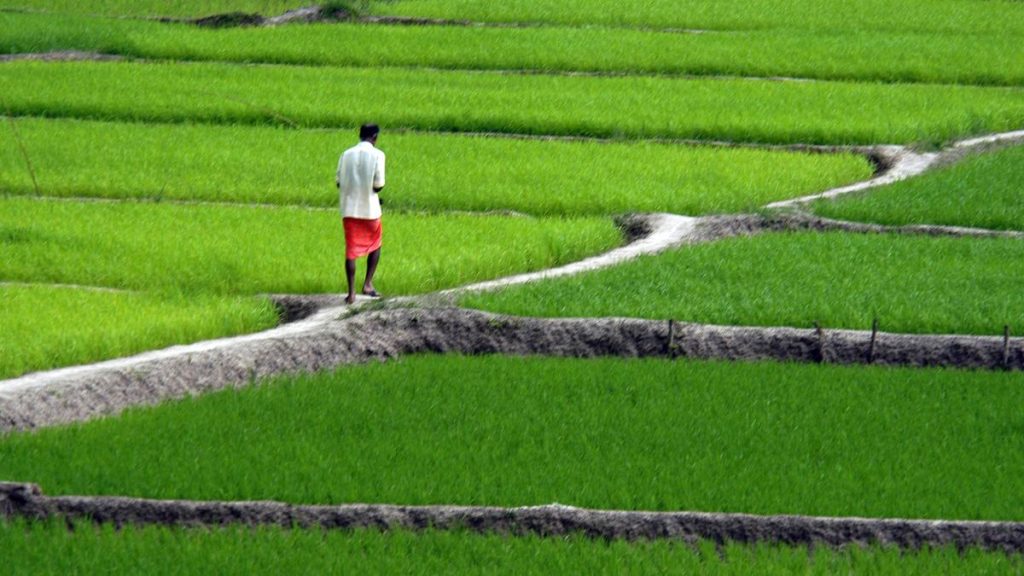Now Reading: Tamil Nadu Report Links Urban Expansion to Rising Heat Stress Over 30 Years
-
01
Tamil Nadu Report Links Urban Expansion to Rising Heat Stress Over 30 Years
Tamil Nadu Report Links Urban Expansion to Rising Heat Stress Over 30 Years
Quick Summary
- A study by the Tamil Nadu State Planning Commission reveals rising temperatures due to urban sprawl, deforestation, and changing land use across Tamil Nadu.
- The report titled “Urban Growth and thermal Stress” uses three decades of satellite imagery, elevation models, and climate data to analyze heat exposure at a block level.
- Chennai (with 74% built-up area in 2015), Coimbatore, Tiruppur, and other areas have become heat stress hotspots. Of the 389 blocks surveyed:
– 94 show severe long-term temperature increases.
– 64 experience extreme heat stress currently.
– 25 blocks fall under both categories.
- Cooler high-altitude regions like Kodaikanal and Udhagamandalam are warming; forest degradation has caused temperature rises of up to 1.2°C in some areas.
- Tamil Nadu’s forests have lost over 3,025 sq. km., accelerating urban heat effects by reducing evapotranspiration and altering surface albedo. Rapid urbanization in peri-urban zones like Sriperumbudur also contributes to increasing thermal discomfort.
- Future climate projections suggest air temperatures could rise by up to 2.7°C by 2050 under extreme scenarios, affecting agriculture productivity and public health significantly.
Proposed strategies:
- Climate-sensitive planning integrating green infrastructure (parks/green roofs) for cities.
- Mandated building codes with passive cooling features like rainwater harvesting-enabled designs.
- Real-time dashboard monitoring satellite/ground data for enhanced heat tracking regionally.
Source: Read More
Indian Opinion Analysis
The findings from the Tamil nadu State Planning Commission underscore how unchecked urbanization is exacerbating regional vulnerabilities linked to climate change-a growing concern for India as a rapidly developing nation with dense population centers. While reports highlighting rising temperatures often serve as reminders of environmental challenges on the horizon globally, this study uniquely maps these impacts at granular levels such as block-level insights in specific districts.
The loss of forested lands-tied directly to reduced natural temperature buffers-not only worsens local ecosystems but also signals broader risks such as biodiversity collapse or agricultural disruption that could ripple across interconnected sectors like water availability or rural livelihood stability.
India’s southern states often grapple with higher climatic sensitivity due to coastal proximity; hence solutions presented here around regulated zoning laws or real-time thermal dashboards merit urgent focus nationally beyond localized adaptation frameworks if future sustainability goals hold reliably amidst rapid global warming realities predicted ahead within years not distant .























